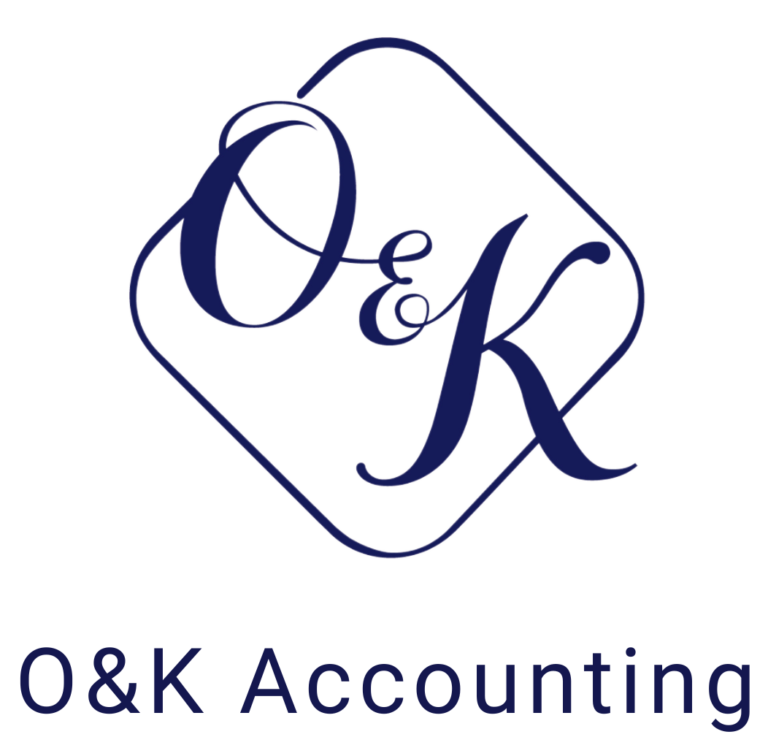Tax compliance is a fundamental responsibility for businesses of all sizes, and accurate bookkeeping plays a pivotal role in meeting this obligation. Proper bookkeeping ensures that financial records are organized, transparent, and up to date, allowing businesses to navigate tax regulations effectively. By understanding how accurate bookkeeping supports tax compliance, business owners can minimize risks, avoid penalties, and build a foundation for financial success.

The Importance of Accurate Bookkeeping for Tax Compliance
Accurate bookkeeping is the backbone of tax compliance. It involves systematically recording and categorizing all financial transactions, including income, expenses, and deductions. This meticulous approach ensures that businesses have a clear record of their financial activities, which is essential for preparing tax returns and meeting filing deadlines. Without accurate records, businesses risk underreporting income or missing deductions, leading to potential legal and financial repercussions.
Maintaining Detailed Records for Tax Accuracy
Accurate bookkeeping involves maintaining comprehensive records of financial transactions. These include invoices, receipts, payroll reports, and bank statements. Organized records simplify the process of calculating taxable income and identifying eligible deductions. For example, retaining detailed expense reports allows businesses to claim deductions for operating costs, reducing their overall tax liability. Accurate records also provide a clear audit trail, enhancing transparency and credibility.
Streamlining Tax Preparation with Bookkeeping Tools
Modern bookkeeping tools and software are invaluable for ensuring tax compliance. Platforms like QuickBooks, Xero, and FreshBooks automate the recording and categorization of transactions, reducing the risk of errors. Many tools offer features such as tax calculators and integration with tax filing platforms, streamlining the preparation and submission of tax returns. These technologies empower businesses to stay compliant with minimal effort.
Staying Updated on Tax Regulations
Tax laws and regulations are subject to frequent changes, and accurate bookkeeping helps businesses adapt to these updates. By keeping detailed financial records, businesses can quickly adjust to new requirements, such as changes in tax rates or reporting standards. Consulting with a tax professional or accountant ensures that businesses remain compliant and take advantage of any new tax benefits or credits.
Reducing the Risk of Audits and Penalties
One of the greatest benefits of accurate bookkeeping is reducing the likelihood of tax audits and penalties. Inaccurate or incomplete records can raise red flags with tax authorities, leading to costly audits. Accurate bookkeeping ensures that businesses are prepared to provide clear and reliable documentation if audited. This proactive approach protects businesses from legal disputes and financial losses.
Leveraging Accurate Bookkeeping for Strategic Planning
Accurate bookkeeping not only supports tax compliance but also contributes to strategic financial planning. By analyzing detailed financial records, businesses can forecast tax liabilities and allocate resources more effectively. This insight helps businesses avoid cash flow issues during tax season and plan for future growth.
Conclusion
Accuracy is an indispensable tool for achieving tax compliance. By maintaining detailed financial records, leveraging modern tools, and staying informed about tax regulations, businesses can navigate their tax obligations with confidence. Beyond compliance, accurate bookkeeping supports transparency, reduces risks, and lays the groundwork for long-term financial success.
Incorporating accurate bookkeeping practices into your business operations is not just a legal requirement—it’s a strategic investment in your organization’s stability and growth.




